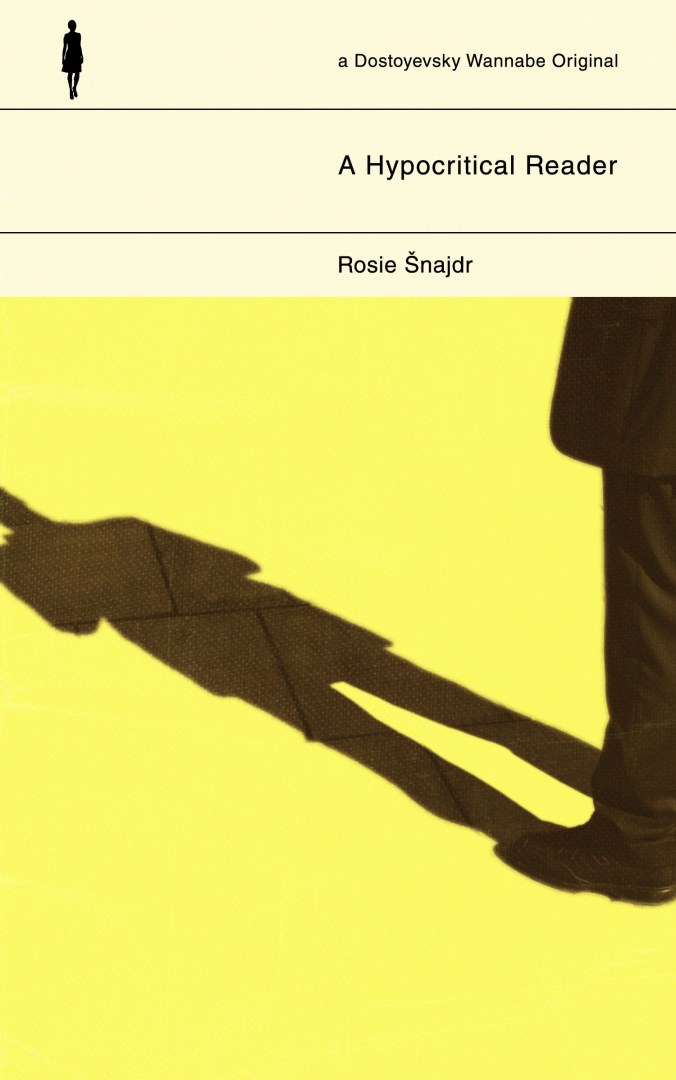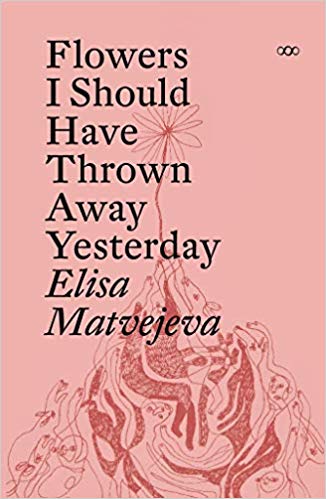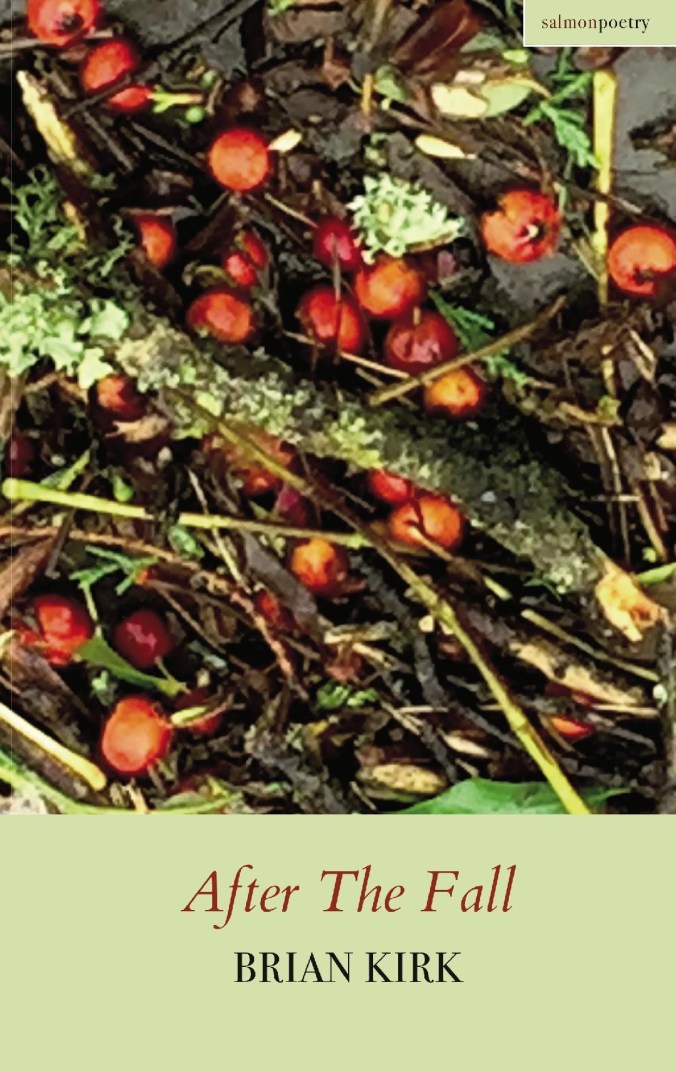On Fiction Wombwell Rainbow Interviews
I am honoured and privileged that the following writers local, national and international have agreed to be interviewed by me. I gave the writers two options: an emailed list of questions or a more fluid interview via messenger.
The usual ground is covered about motivation, daily routines and work ethic, but some surprises too. Some of these poets you may know, others may be new to you. I hope you enjoy the experience as much as I do.
Rosie Šnajdr
is an author of experimental fiction, with a primary interest in communication via narrative structure. She has a background in modernist Anglo-American literary criticism. She co-edits the Cambridge Literary Review (https://cambridgeliteraryreview.wordpress.com/)
cambridgeliteraryreview.wordpress.com
A final taster of the contents of CLR 11: Manifestos — now available to read online is Nick Makoha’s manifesto on ‘The Metic Experience’.
She teaches creative writing and literature at universities, currently at the University of Greenwich.

The Interview
1. What inspired you to write fiction?
I was praised for writing a story when I was five. The teacher took it as part of a presentation at a teaching conference. I liked the idea that people would read something that I had written. It was about a girl who grew wings and went to the moon.
2. Who introduced you to fiction?
I was always a keen reader, but a teacher pressed additional classics on me from a young age. Indeed, a series of kind teachers took time out to make me additional reading lists which really helped me develop in a school that was otherwise a bit of a challenging environment for learning.
3. How aware were you of the dominating presence of older writers?
My skull is an echo chamber, clanging about with the words and structures of works of earlier writers.
4. What is your daily writing routine?
It’s more of a weekly writing routine, given my other commitments. There are two and a half days I can give over to literary projects, editing and writing-related administration and I have to do my best with them. Less, if I’m teaching creative writing, but creative writing teaching can be really inspirational and life-choice affirming, so I don’t mind that.
5. What motivates you to write?
The satisfaction of building things that are, as much as possible, exactly how they should be. I guess it’s just a symptom of the affliction of perfectionism. Taking a concept, building a structure to express it, choosing the right material as content, and placing the bricks just so. Sometimes I think I prefer the short form mainly to provide more regular hits of the satisfaction of completion, though I do like working in miniature.
6. What is your work ethic?
It is ethical to work for the benefit of fellow humans. Screw capitalism.
7. How do the writers you read when you were young influence you today?
I fell in love with Ulysses at seventeen and have remained faithful ever since, barring some meaningful dalliances with other modernist and postmodernist authors.
8. Who of today’s writers do you admire the most and why?
Isabel Waidner because she is making the experimental relevant again; and not just relevant, but powerful, by re-introducing it to its democratising social force. Coming up through reading modernism, as it was institutionalised in the academy, I’d forgotten that experimentalism was supposed to enact change upon the world. It had become like a crossword puzzle to me. I love crosswords but a lot (though not, I’d argue, all) or the purpose of experimentalism is humanistic, in the sense that it compels positive change in society. That’s why realism and the stifling normativity it concretises has always been my sworn life-long enemy.
9. Why do you write, as opposed to doing anything else?
I do other things. As an experimental writer who derives life-sustaining nutrients from food, I have to do other things.
10. What would you say to someone who asked you “How do you become a writer?”
That would depend on what kind of writer they want to become. In all cases, I would suggest reading widely within related literature is essential. I also like the quotation from Arthur Quiller Couch, along the lines of ‘the ways of art are hard at the best, they will break you if you go unsustained by belief in what you are trying to do.’ Keep reminding yourself of what you are trying to do.
11. Tell me about the writing projects you have on at the moment.
I am working on my second book of short stories, working title Adult Colouring Book. It contains explorations in concrete prose and represents my faltering attempts to begin to believe in literature as a force for social good, or, at least, normative interruption. ‘American Mustard’, about the stonemasons who built Ely Cathedral Lady Chapel and their freemason ‘inheritors’, had just come out in Egress 2. We Are Cosmonauts, which follows the flight of Yuri Gagarin and fictionalises his internal monologue in an attempt to show the difficulty of heroism, individual existence, propaganda, fact, and fiction existing in the same ‘space’. This has just been published as a limited edition pamphlet and free PDF by Hesterglock and the Aleph presses. You can get the free PDF here:
http://www.hesterglock.net/rosie-scaronnajdr—we-are-cosmonauts.html
| Rosie Šnajdr – We Are Cosmonauts – [[[[ HP | PH | EW ]]]]
Rosie Šnajdr – We Are Cosmonauts available as a free PDF & then as a ltd. edition pamphlet of 21 copies (Feb 2019) a collaborative publishing project with The Aleph Jan 1: FREE PDF (download below) |
Currently, I’m working on ‘Paperdolls’, a work that asks readers to explore intersectionality and prejudice through narrative structure.
My first book of short stories, A Hypocritical Reader (Dostoyevsky Wannabe, 2018), explores the failure adequately revolutionise/queer the short story and the stunted expectations that realist normativity has of the reader. It is available here:
https://www.dostoyevskywannabe.com/original/a_hypocritical_reader
| A Hypocritical Reader – dostoyevskywannabe.com
http://www.dostoyevskywannabe.com The Book ‘Splicing the Choose Your Own Adventure format, sci-fi, metafiction, absurdism and social critique, Rosie Šnajdr A Hypocritical Reader is experimental fiction at its most animated and innovative.This is the future literature we need but haven’t seen. |











